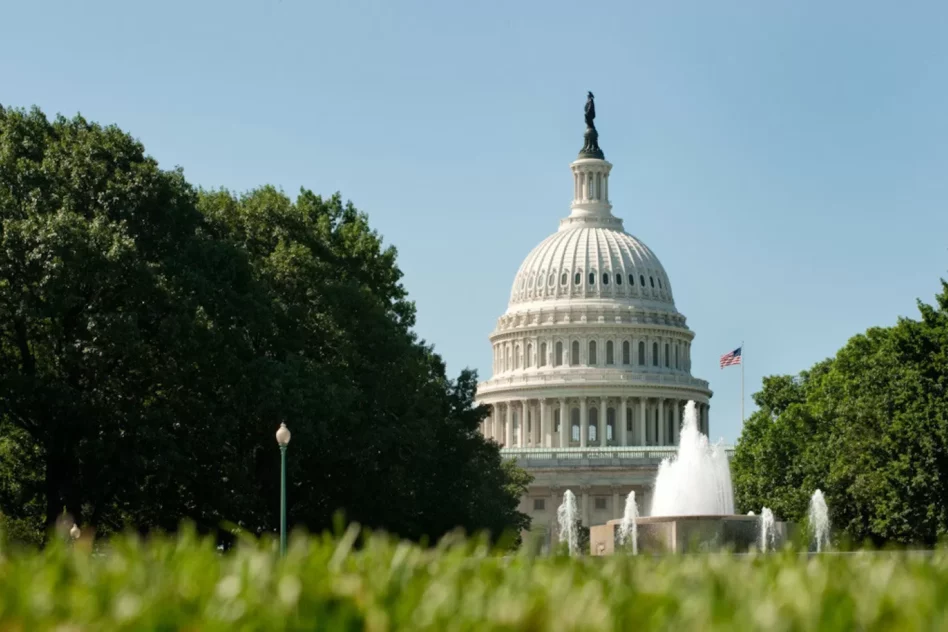House Republicans introduced a bill this week to give the American commercial space sector a boost.
The basics: Reps. Brian Babin (R-TX) and Frank Lucas (R-OK), who chairs the House Science, Space and Technology Committee, introduced the Commercial Space Act of 2023 to simplify how the government regulates and approves commercial space missions.
“To continue strengthening American leadership in space, we must modernize our commercial space framework,” Babin, who chairs the House space subcommittee, said in a statement. “The Commercial Space Act will do just that by addressing outdated laws, enhancing innovation, and ensuring our partners are not stymied by regulatory hurdles. The US cannot afford to surrender ground in space by failing to act, which is why the passage of this bill is vital.”
Deeper dive: Some highlights of the 68-page bill include:
- Making the Department of Commerce’s Office of Space Commerce the “single authority responsible for the authorization and supervision certification process,” according to a bill summary (though the FCC will still be in charge of spectrum and the FAA will still oversee launch.)
- Requiring any US mission to have a plan to mitigate debris in place when applying for certification
- Elevating the Office of Space Commerce in the Commerce Department, instead of having the office under NOAA
- Ordering NASA to establish an institute dedicated to advanced space situational awareness research
- Establishing a 15-member Private Space Activity Advisory Committee to keep an eye on how the updates required by the bill are helping the industry and make recommendations for other improvements in an annual report
- Extending the FAA’s rulemaking moratorium on commercial spaceflight until Oct. 1, 2031.
What’s next: The House Science, Space, and Technology Committee held a hearing in July on “continuing US leadership in commercial space at home and abroad,” where lawmakers discussed many issues included in the bill, so it’s unclear if they will hold another hearing before the committee votes on sending the legislation to the full House. We’ll also be watching for whether a companion bill is introduced in the Senate.




